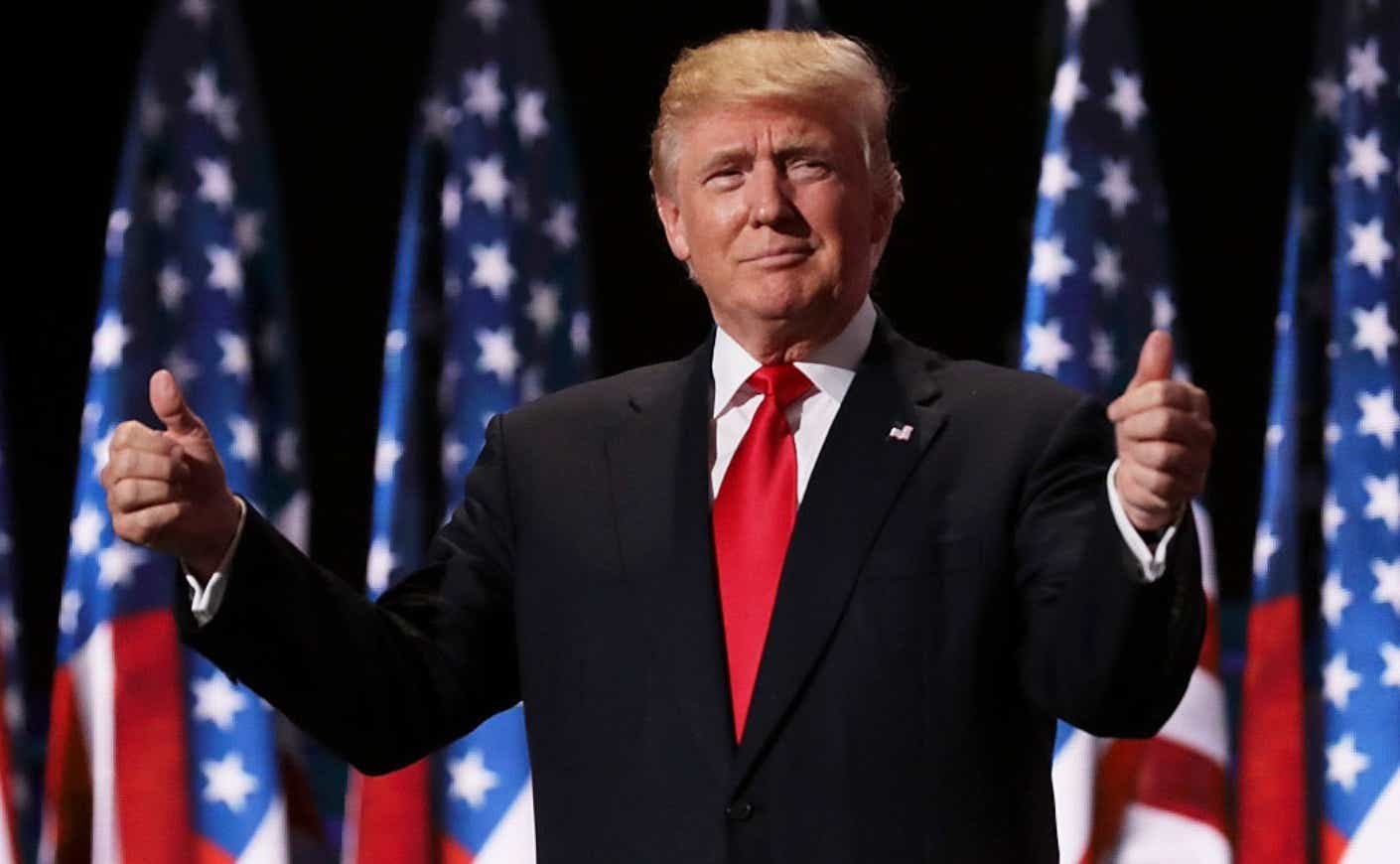Former President Donald Trump won’t be excluded from certain primaries after all.
In a unanimous decision, all nine Supreme Court justices sided with the former commander-in-chief by restoring his name on the ballot in states that have challenged his 2024 candidacy. This marked a dramatic reversal of a Colorado decision to kick him off the ballot based on a claim that his actions surrounding the Jan. 6, 2021, attack on the U.S. Capitol violated the 14th Amendment’s insurrection ban.
But legal experts have already pushed back against ruling. "The Supreme Court’s decision makes it much harder to protect American democracy," says Georgia State University law professor Anthony Michael Kreis.
This development comes just a day before Super Tuesday, when Americans in 16 states (plus American Samoa) will cast their votes in the presidential primaries. Maine, which was one of the three states that had also tried to keep Trump off its ballot, will also be holding its primary that day. (Secretary of State Shenna Bellows has already withdrawn her previous ruling that Trump is ineligible to run for president again.)
As voters head to the polls, here’s more on what the verdict means, why it has divided some of the justices, and what legal experts have to say about it all.
What did the Supreme Court say in the Colorado ballot case?
The high court said that states can’t have the power to disqualify a presidential candidate because such a power would create chaos and even disrupt a national election. “The result could well be that a single candidate would be declared ineligible in some states, but not others, based on the same conduct,” the court said.
While the decision was unanimous, some key disputes remained. Conservative Justice Amy Coney Barrett and the court’s three liberals, Elena Kagan, Sonia Sotomayor, and Ketanji Brown Jackson, criticized five of the conservative justices for going one step further and saying that Congress needs to enforce Section 3 of the 14th Amendment to disqualify candidates seeking federal office.
“This suit was brought by Colorado voters under state law in state court. It does not require us to address the complicated question of whether federal legislation is the exclusive vehicle through which Section 3 can be enforced,” wrote Barrett, Trump’s last appointee to the high court, in a concurring opinion. That said, Barrett didn’t condone the liberal justices’ reference to the former president as an "oath-breaking insurrectionist,” saying now isn't the time to amplify disagreements.
It’s worth noting that none of the disagreements were labeled as a dissent, and it’s clear the court wanted to speak unanimously, even if it wasn’t on the same page on every single piece of the issue.
Are there any remaining questions?
The decision didn’t provide any clarity on whether Trump actually engaged in an insurrection, even though both a Colorado district court and the Colorado Supreme Court ruled that the former president in fact did take part in the lead-up to one on Jan. 6, 2021.
The irony is that Monday’s ruling was handed down on the same day that Trump was initially set to go to trial for his efforts to overturn the 2020 election. But that was ultimately postponed as a federal appeals court continues to weigh his arguments that he should be immune from prosecution.
Now, lawyers for the plaintiffs in the case believe the Supreme Court's ruling leaves the door open to the possibility that the Republican frontrunner engaged in an insurrection.
“I think that what is, in many ways, most striking about this opinion is that the Supreme Court was given the opportunity to exonerate Donald Trump for engaging in insurrection,” Noah Bookbinder, the president of Citizens for Responsibility and Ethics in Washington, said during a press conference. “Donald Trump asked them to exonerate him for engaging in insurrection, and they did not do that.”
What has been the response from legal experts?
The Supreme Court’s verdict has been met with some outrage from legal experts. Kries explains that SCOTUS's decision makes it even more challenging to use the part of the 14th Amendment that has been cited against Trump. "The enforcement power [of that 14th Amendment clause] is Congress’s exclusive prerogative. In other words, the disqualification clause is not self-executing. Congress needs to pass a law to give the constitutional provision teeth," he says.
But some say the court's ruling has a silver lining. “The Supreme Court gave us great clarity today in saying we can’t have states coming up with different decisions about whether Trump is disqualified,” Richard Hasen, an election law professor at the University of California Los Angeles, tells us. “States now cannot do this, and those cases are essentially over.”
While Trump said he hoped the decision would “unify” the country, others took issue with the timing of the decision ahead of Super Tuesday. "Why pick the day before Super Tuesday to give Trump a likely big judicial win?" Norm Eisen said on social media a day before the decision was announced, even comparing it to an in-kind campaign contribution. But both experts we spoke to disagreed with this point of view. Given that more voting is taking place as soon as tomorrow, "primary voters should know whether the frontrunner for the GOP nomination is disqualified or potentially illegible to hold the office of the presidency," Kreis says.
While future legal lawsuits on the issue may have been put to rest, the battle over the White House is far from over. If Trump is actually reelected, some hypothesize that Democratic lawmakers who previously voted to impeach him for insurrection, like Rep. Jamie Raskin, could try to invoke Section 3.
“It could get very ugly between November this year and January 2025 if the court hasn’t really settled Section 3," Ned Foley, a law professor at Ohio State University, told Yahoo News.









